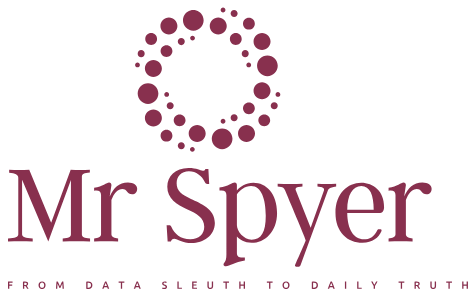Transforming My Audi: Why Upgrading to Premium Wheel Nut Caps Was a Game Changer for My Ride
As a car enthusiast, I’ve always been fascinated by the intricate details that make a vehicle truly stand out. Among the many elements that contribute to a car’s overall aesthetic, Audi wheel nut caps have captured my attention in a way that I never expected. These small yet striking components not only serve a functional…
